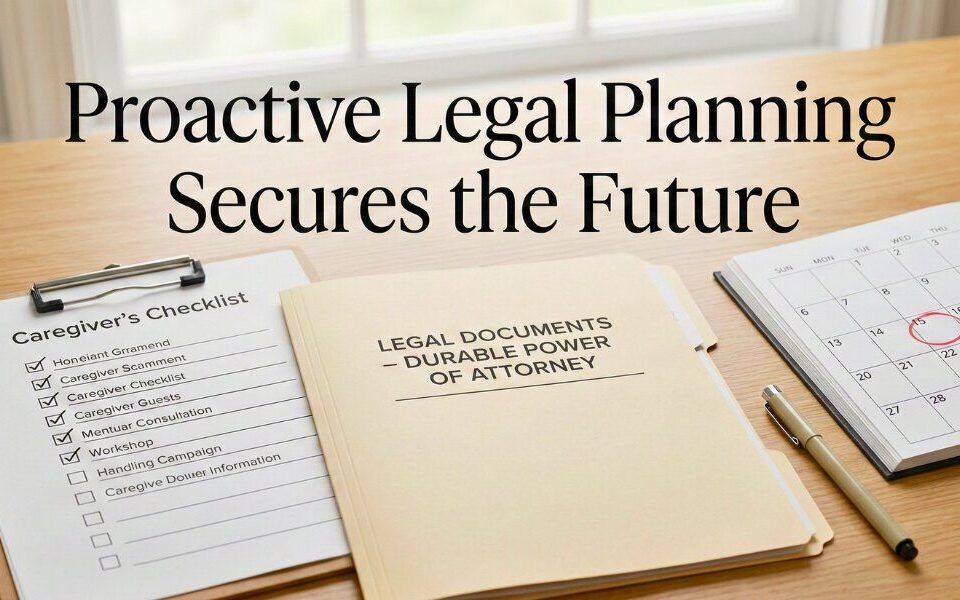Medicaid can be a vital resource for seniors planning long-term care and other health expenses. Beyond the income limits, Medicaid has strict asset limits. With a current asset limit of $2,000, most seniors won’t be eligible. However, not all assets are countable towards the asset limit. This post will cover which assets are exempt to help seniors with Medicaid asset planning.
Understanding the Exemption for Medicaid Asset Planning
Your Home
Your primary residence will typically be exempt from the asset calculations. However, second homes and other real estate assets will count. The key qualification is that the individual or their spouse lives in the home. Many states also set equity limits for a home to qualify for exemption. If your equity interest in the property exceeds the limit, it could count toward Medicaid eligibility.
Vehicles
Applicants can typically keep one personal vehicle that is exempt from the calculations. Some states allow a second vehicle if it is under a certain value. Medicaid might also allow you to keep an additional vehicle if it has certain medical modifications. For example, a van with wheelchair accessibility might qualify for a medical exemption.
Household Items
Medicaid will exclude standard household items from calculations, like home furniture, kitchen appliances, decor, and ordinary electronics. Applicants do not need to report these items or explore ways to sell them during Medicaid planning.
Personal Items
You can keep various personal items without reporting them for Medicaid eligibility. That includes items like your personal clothing and shoes. Items like inexpensive jewelry, books, and hobby accessories may also be exempt. However, value is an important factor in whether it will count when it comes to things like jewelry and collectibles.
Insurance Policies
Some life insurance policies may be exempt from Medicaid calculations. Most term life policies are exempt since they have no cash value. Whole-life policies may also be exempt, but their surrender value must be below a certain threshold. Some states may have additional rules about insurance policy exemptions.
Funeral Arrangements
Medicaid allows applicants to maintain various funeral arrangements without counting them toward eligibility, including burial plots, caskets, headstones, and prepaid funeral services. Some states also allow applicants to set aside a small amount of cash for funeral expenses. However, the applicant must set the cash aside in an irrevocable funeral contract.
It is important to remember there are steps you can take if your current assets exceed the limits for Medicaid. You could gift some assets to loved ones or set up a Medicaid Asset Protection Trust. However, gifting and trusts are subject to strict rules and a look-back period. That’s why seniors should seek help from an elder law attorney for Medicaid planning.
Do you or a loved one need help with Medicaid eligibility? Click here to contact the Scott Law Offices. Our elder law experts can help you obtain eligibility while preserving your assets. Reach out now to learn more.
Thanks for visiting!




